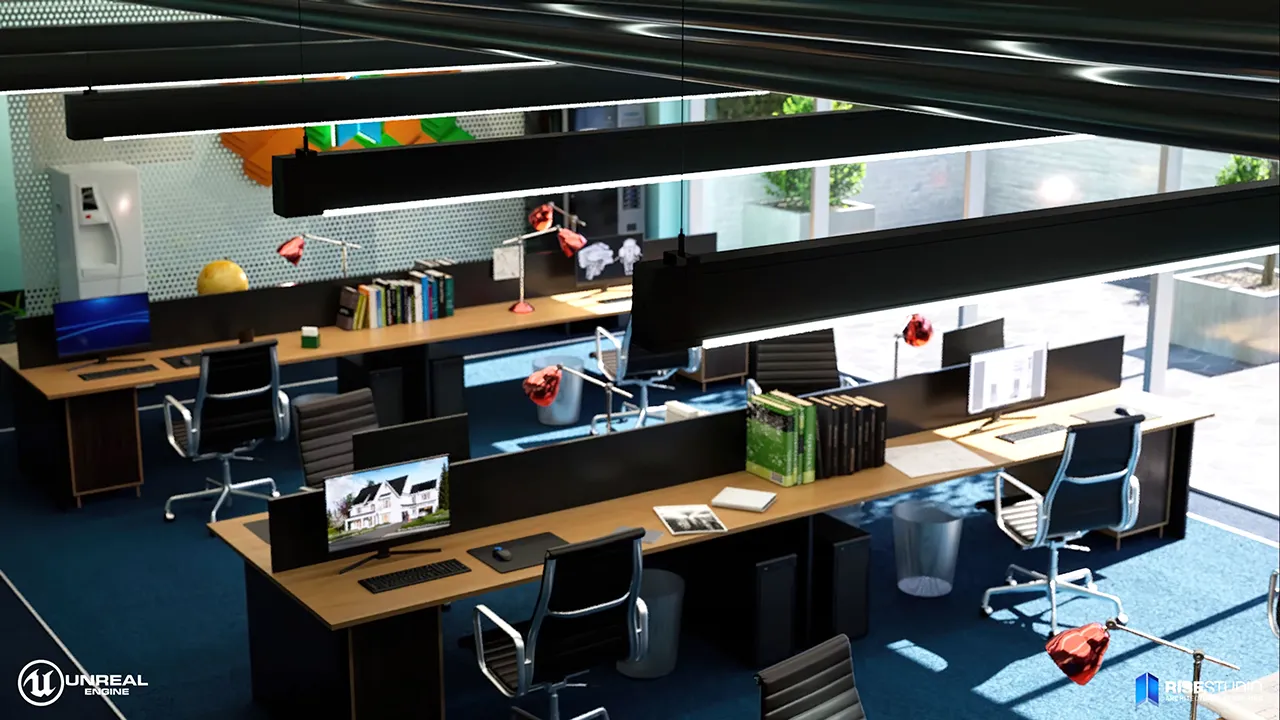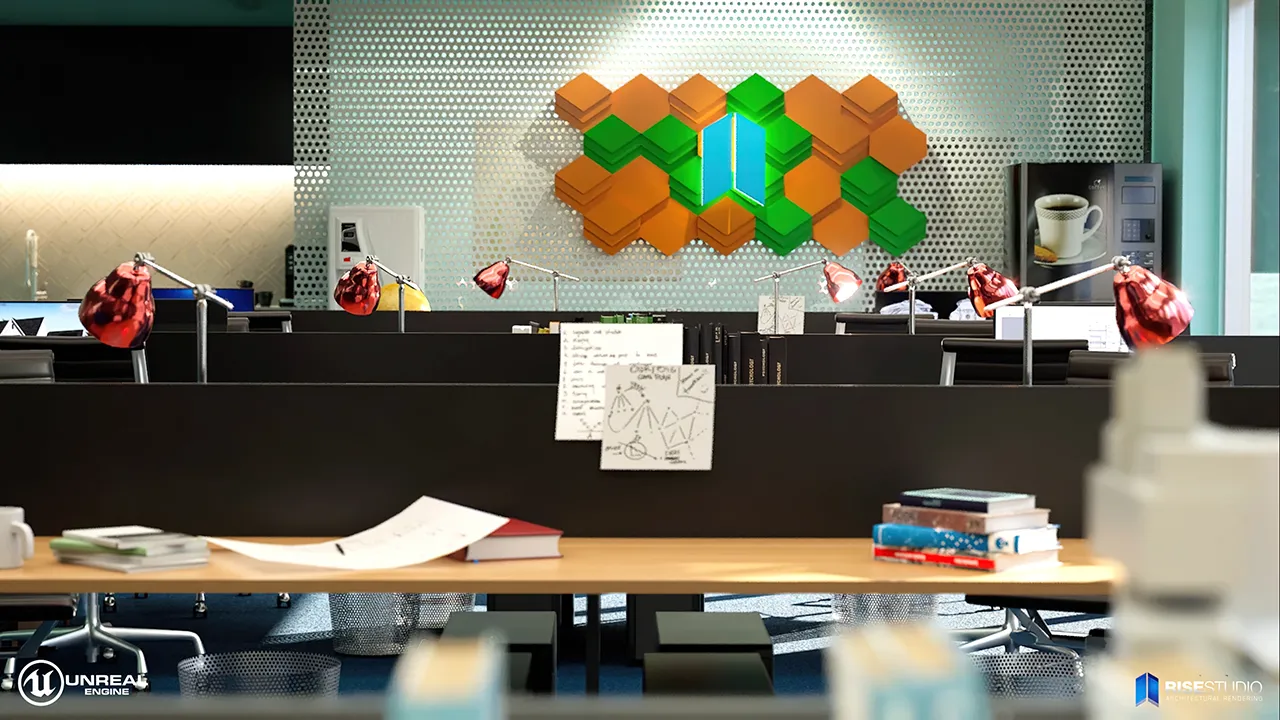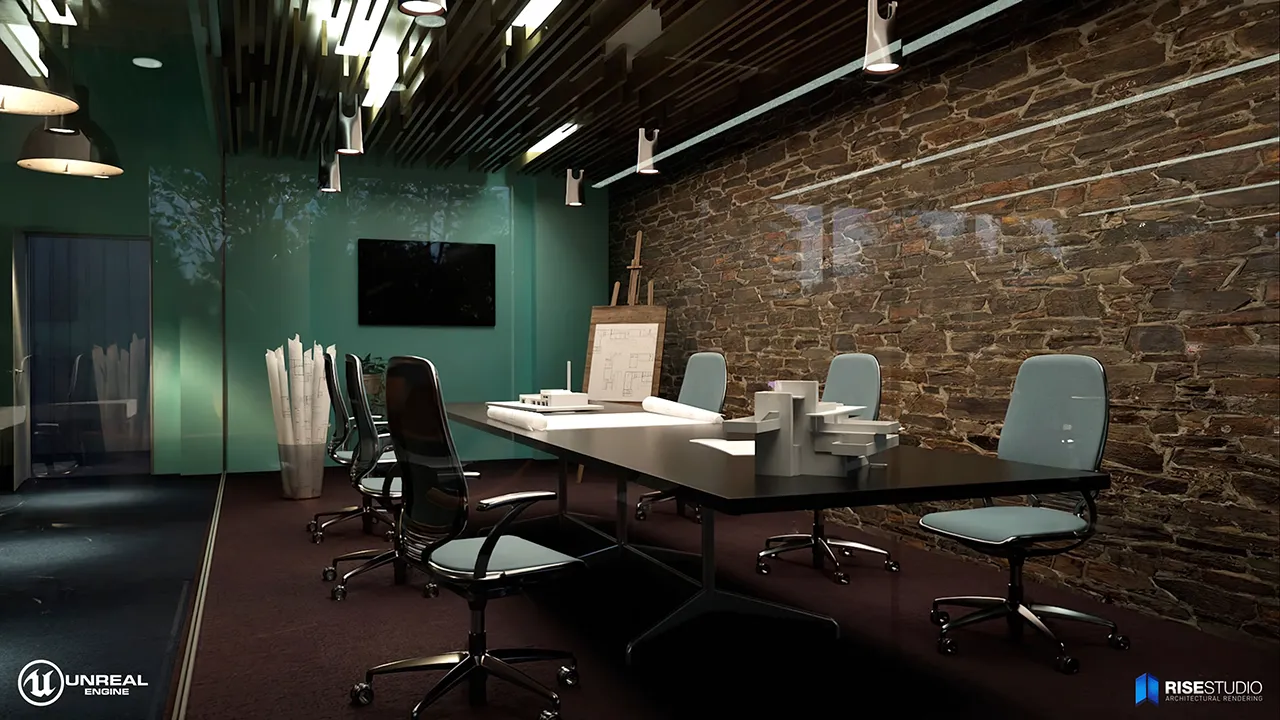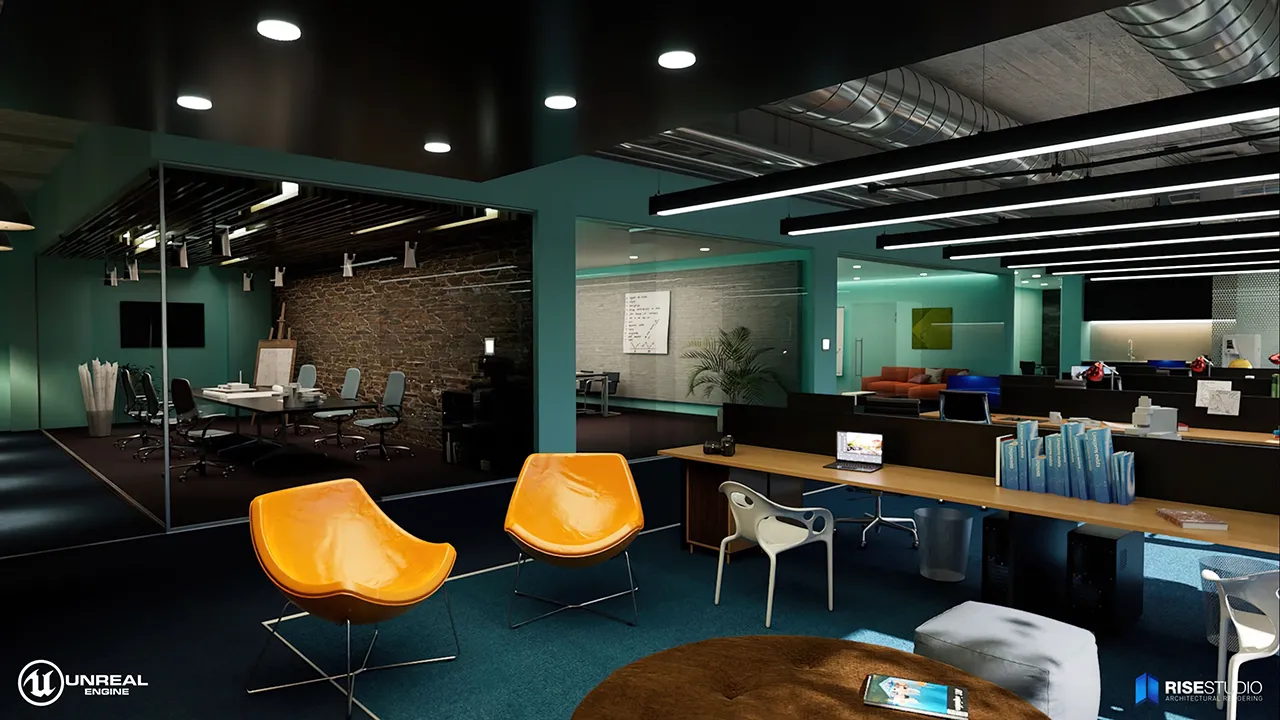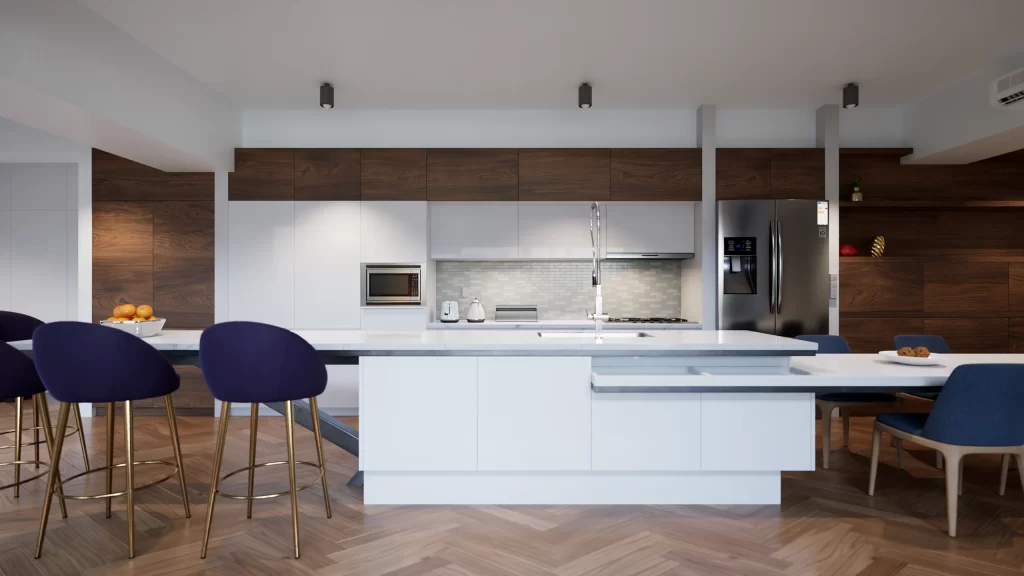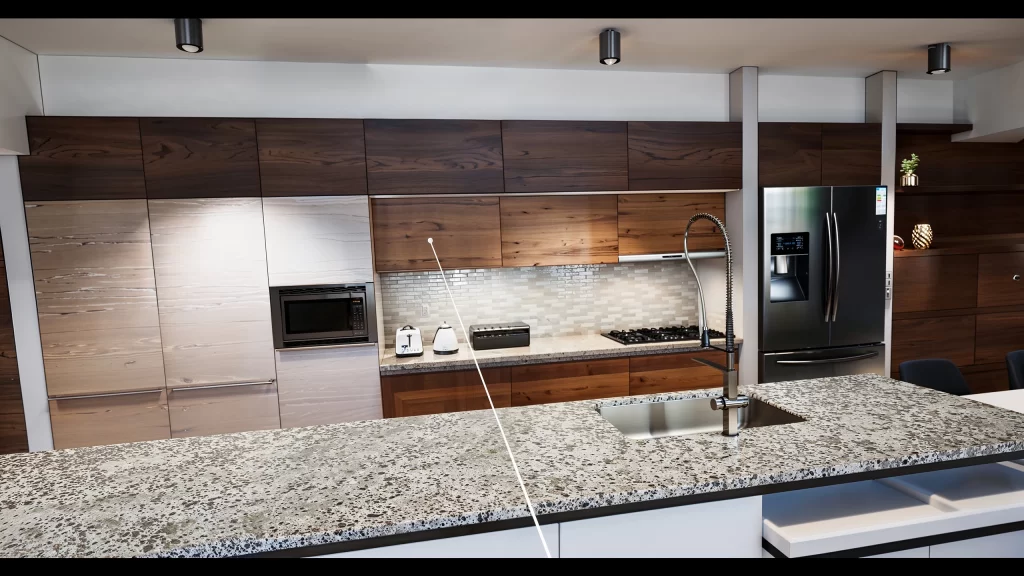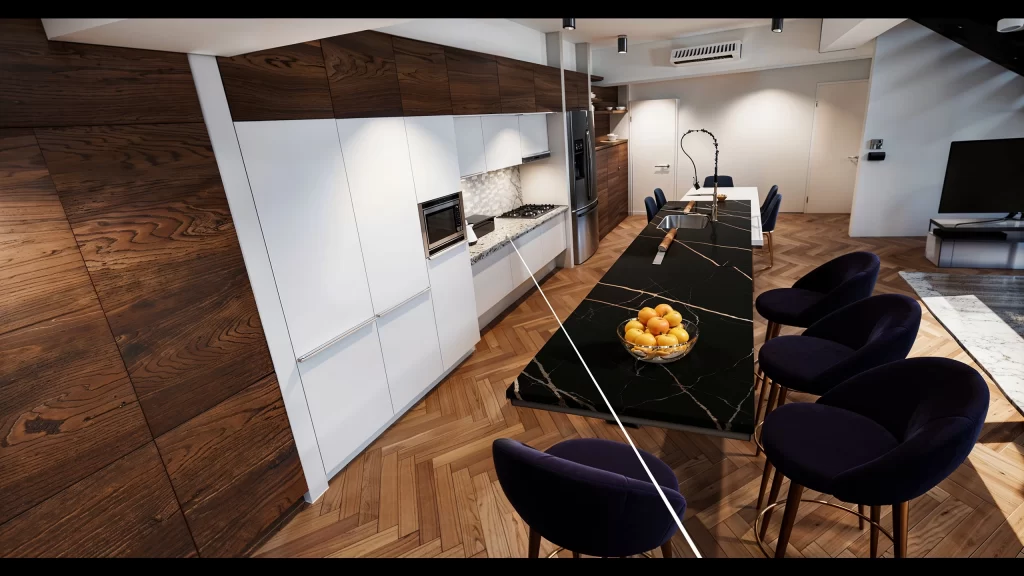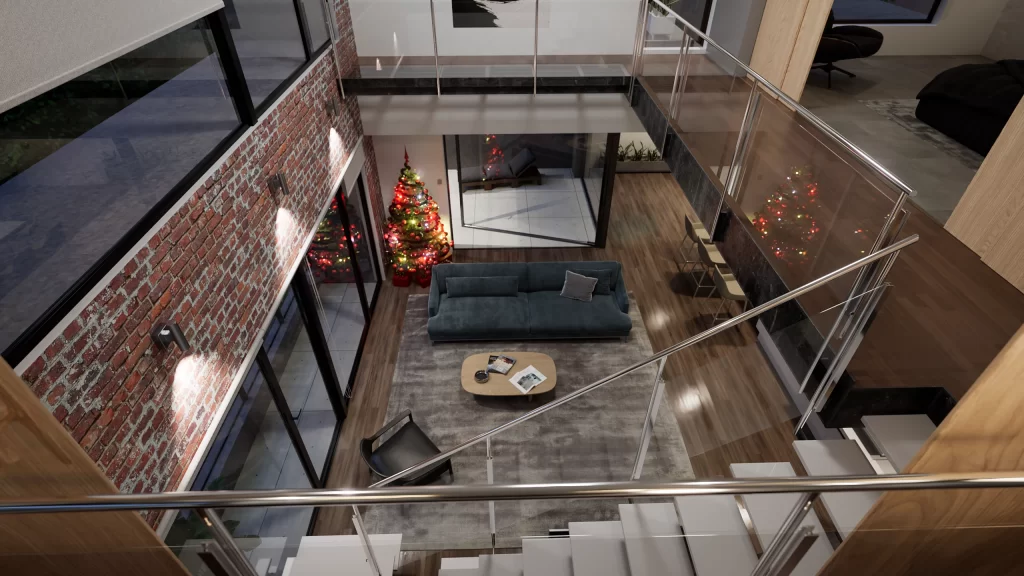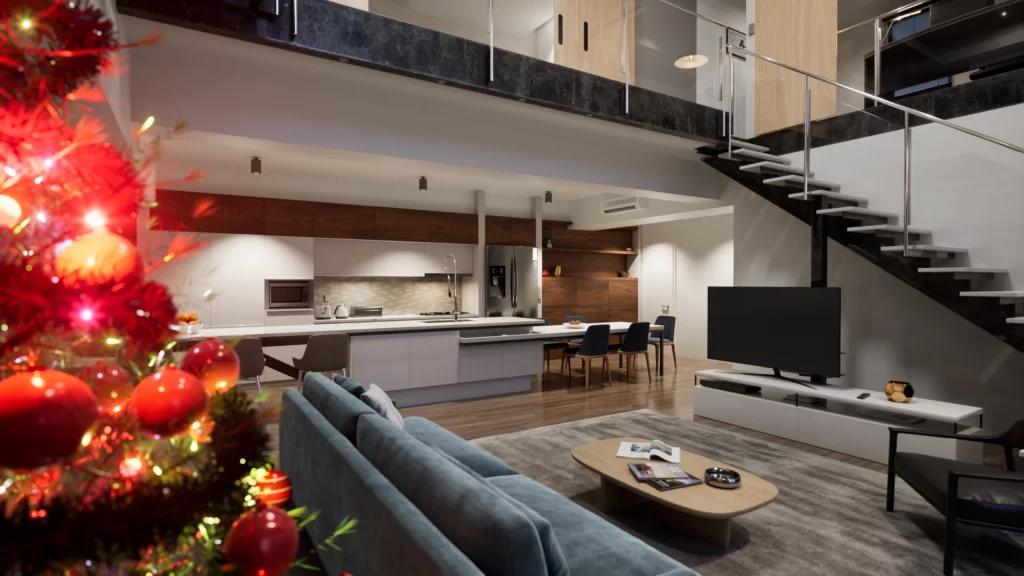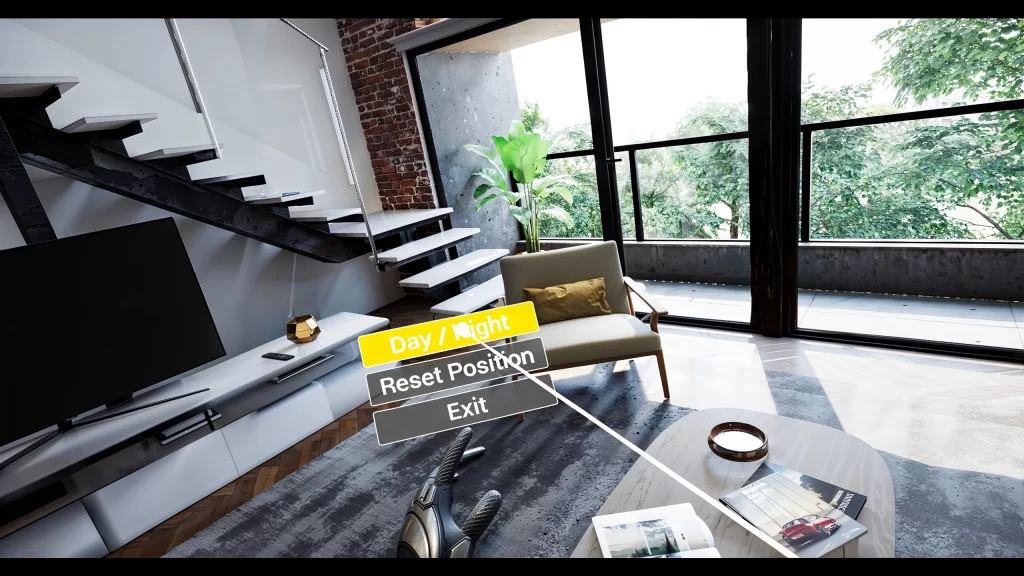Architects, designers, and clients can explore and experience architectural spaces before they are built, providing a more immersive and interactive way to visualize projects. Real-time architectural visualization applications provide a transformative way to present and experience architectural designs, contributing to more informed decision-making and enhanced communication in the design and construction process.
Immersive experiences
Real-time architecture enables users to interact with virtual environments in a way that feels natural and immersive.
Increased efficiency
Quick and iterative design changes, allowing for better decision-making and refinement of the architectural elements.
Adaptive and flexible
Real-time architecture allows for adaptive and flexible designs that can be easily modified to meet changing needs or design requirement.
TRY OUT OUR PROJECTS
Virtual House
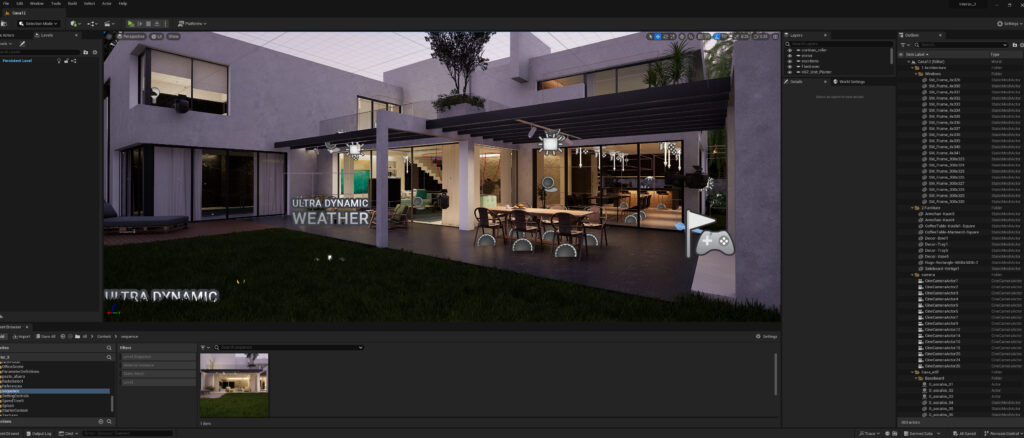
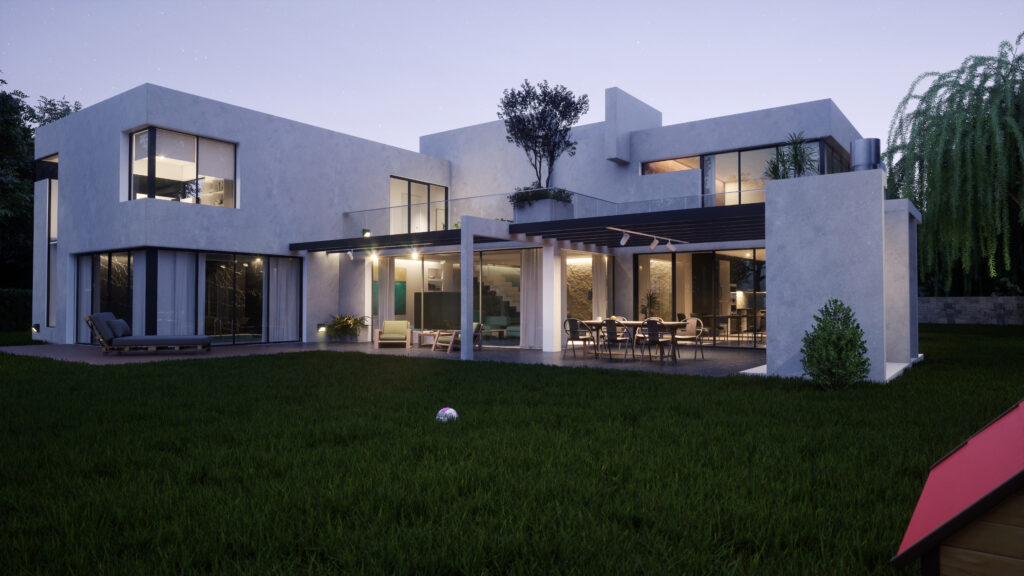
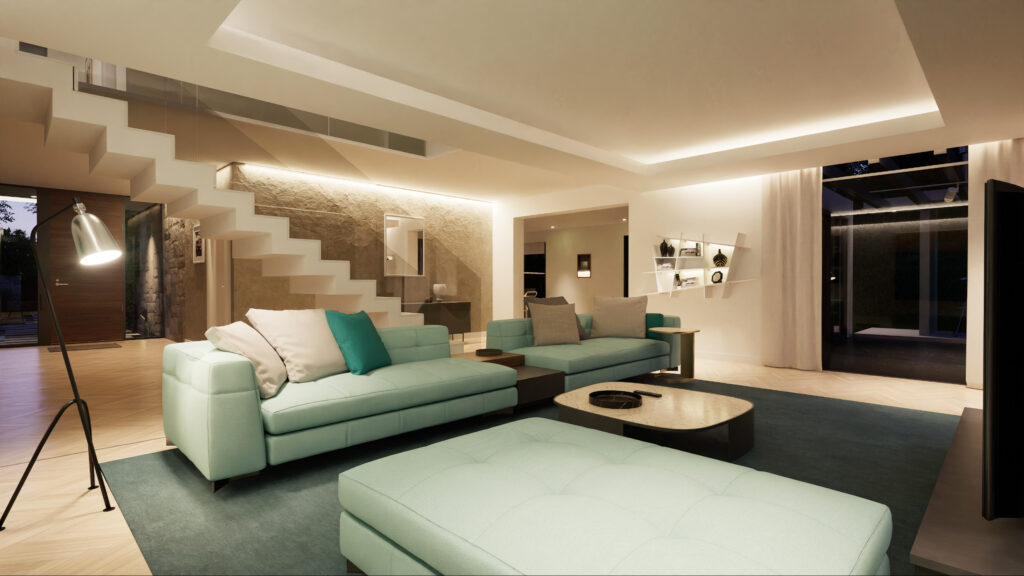
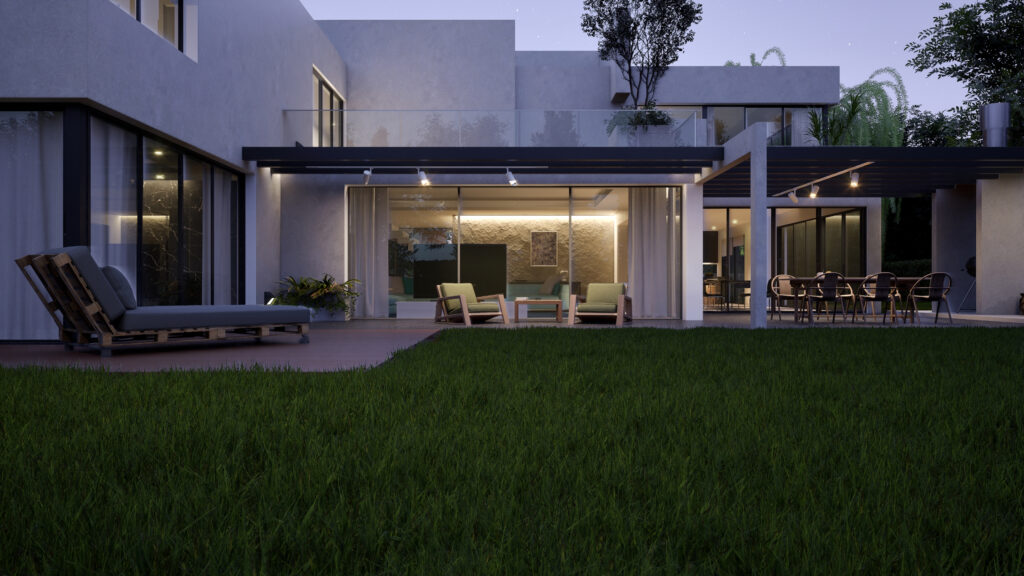
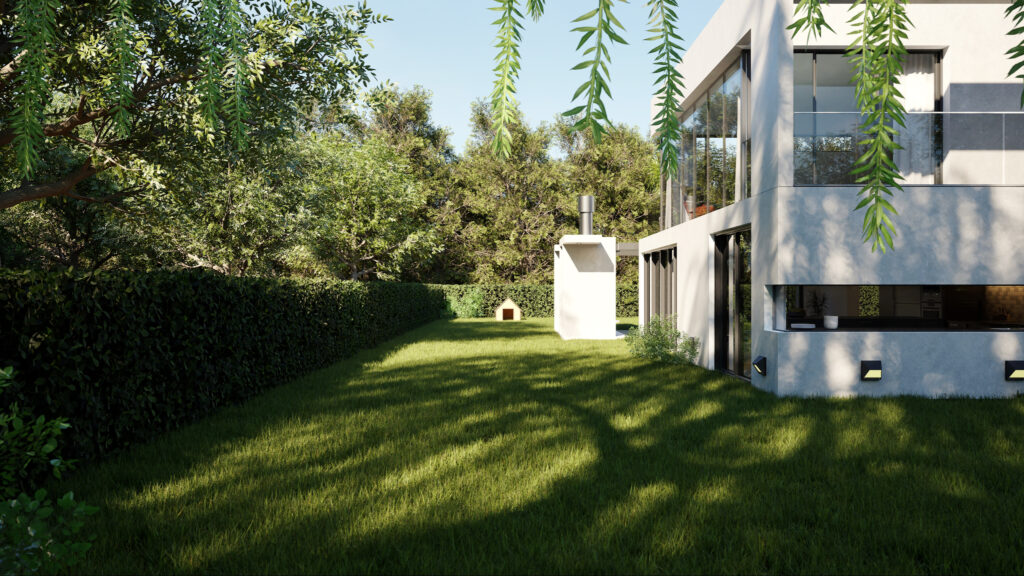
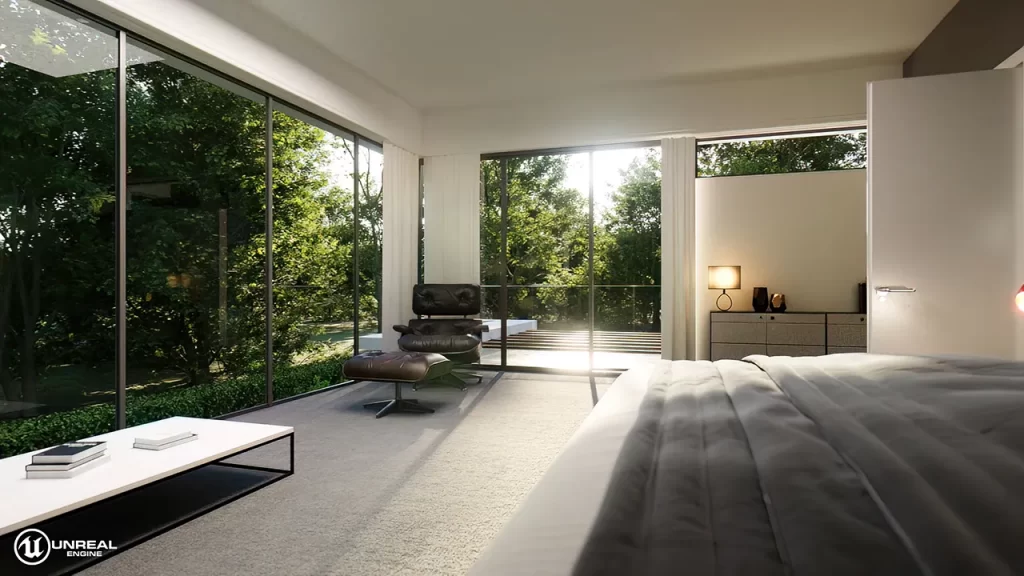
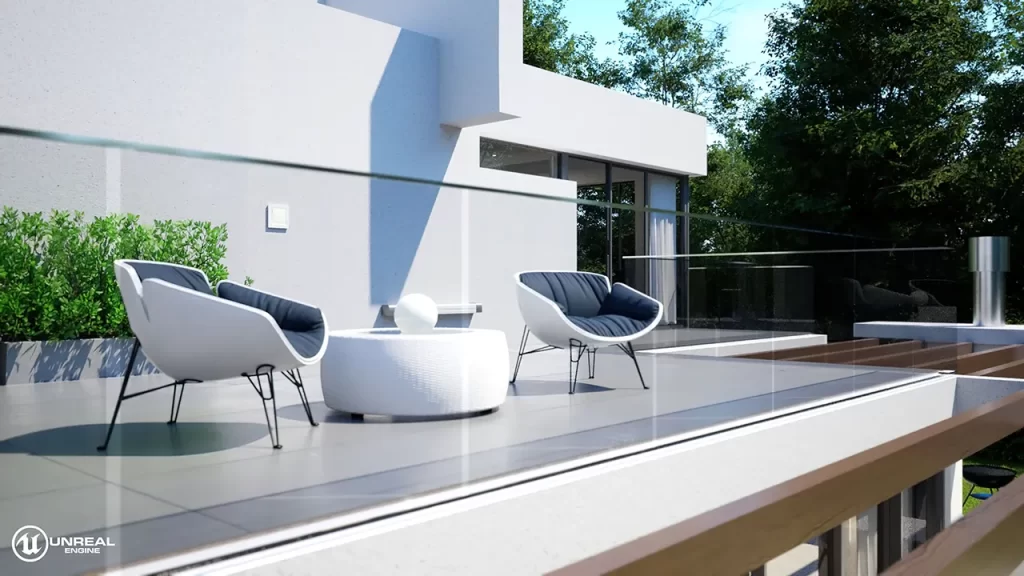
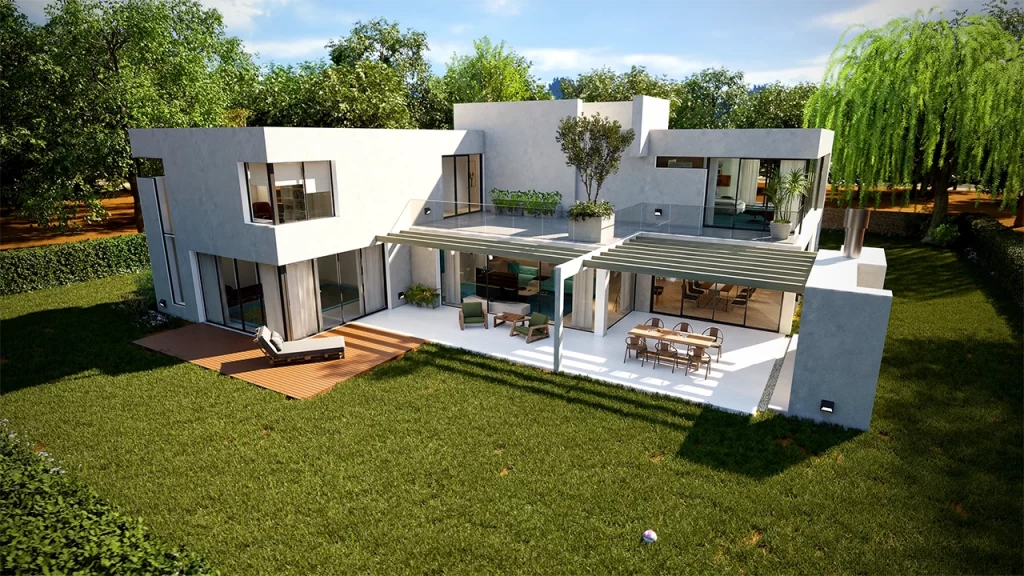
Project highlighted by the 80.lv Community for the 3D Metasites platform.
https://80.lv/articles/3d-metasites-by-80-lv-community-virtual-house/
Library of Congress
Digital recreation of the Library of Congress, crafted with the cutting-edge Unreal Engine. Bring to life the rich history and cultural significance of one of the world’s largest libraries, capturing its architectural grandeur and scholarly atmosphere.

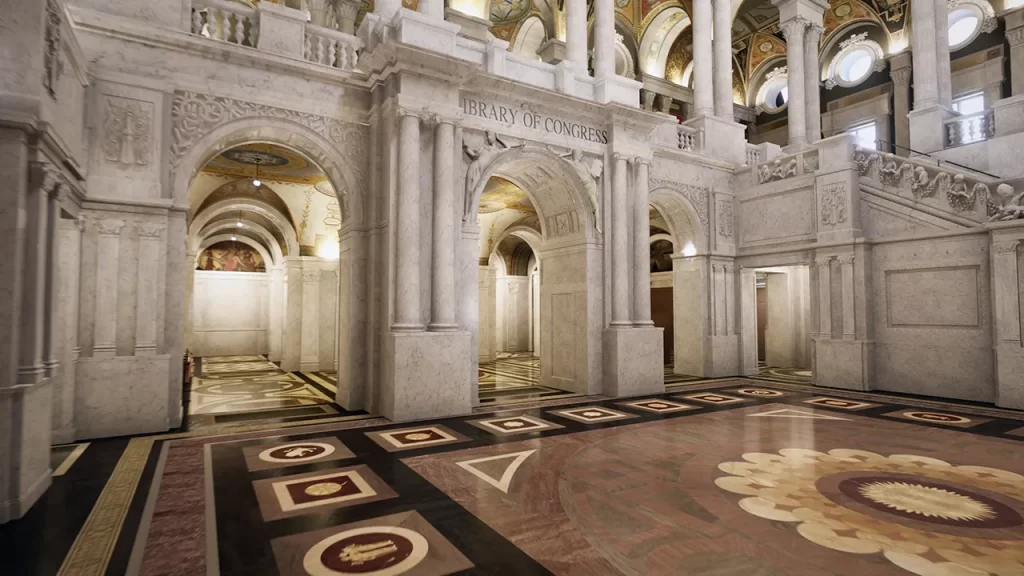
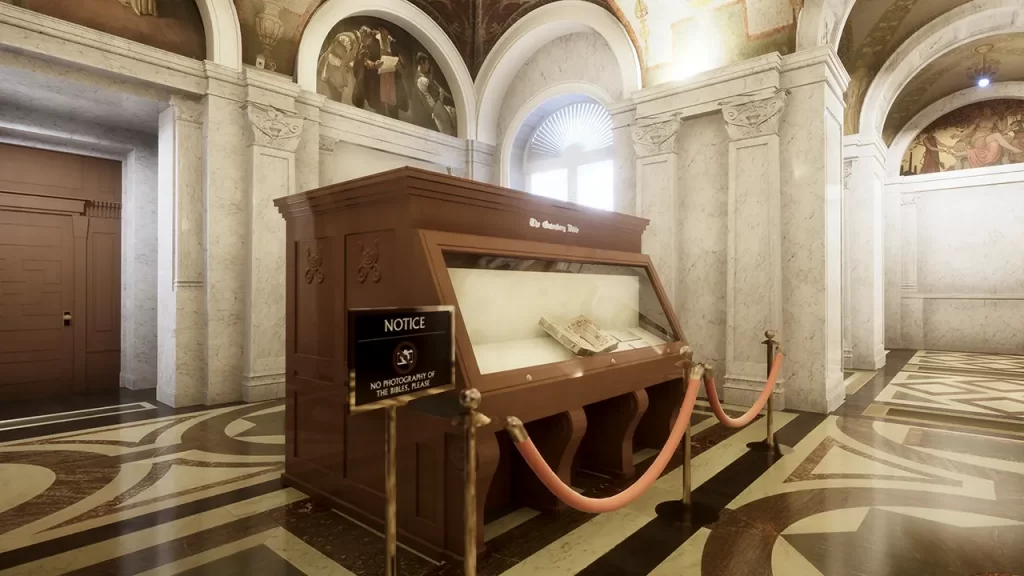
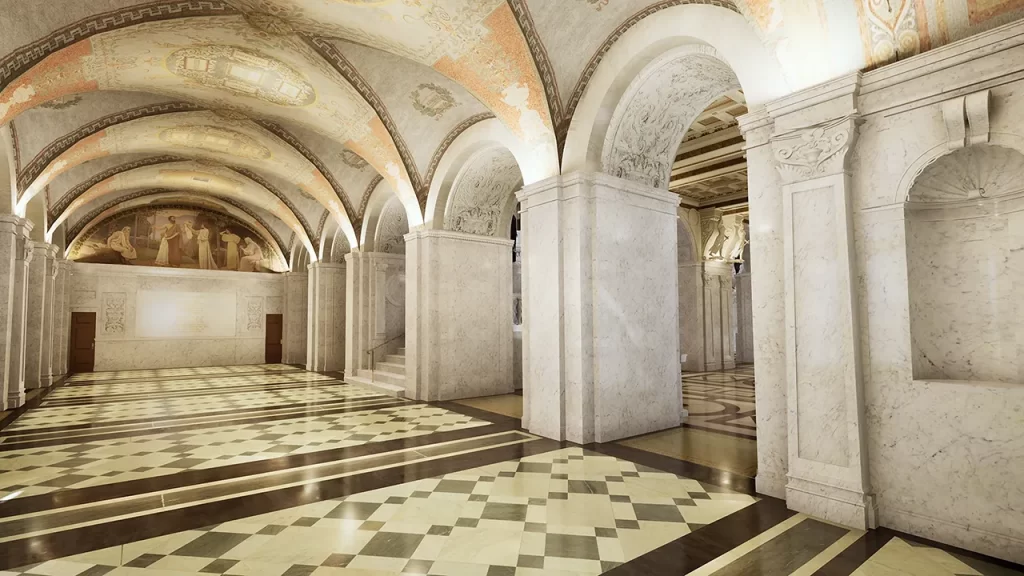
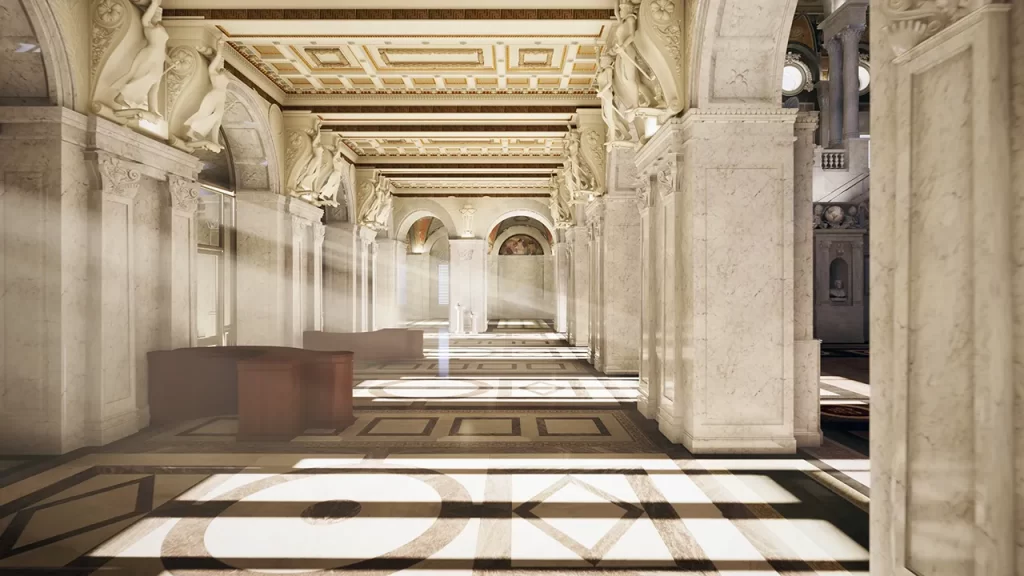
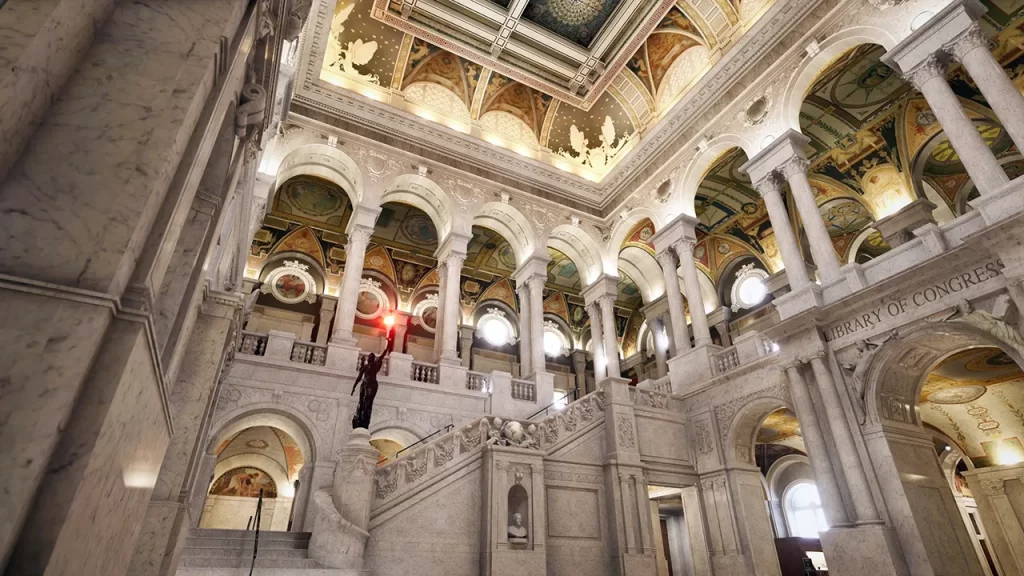
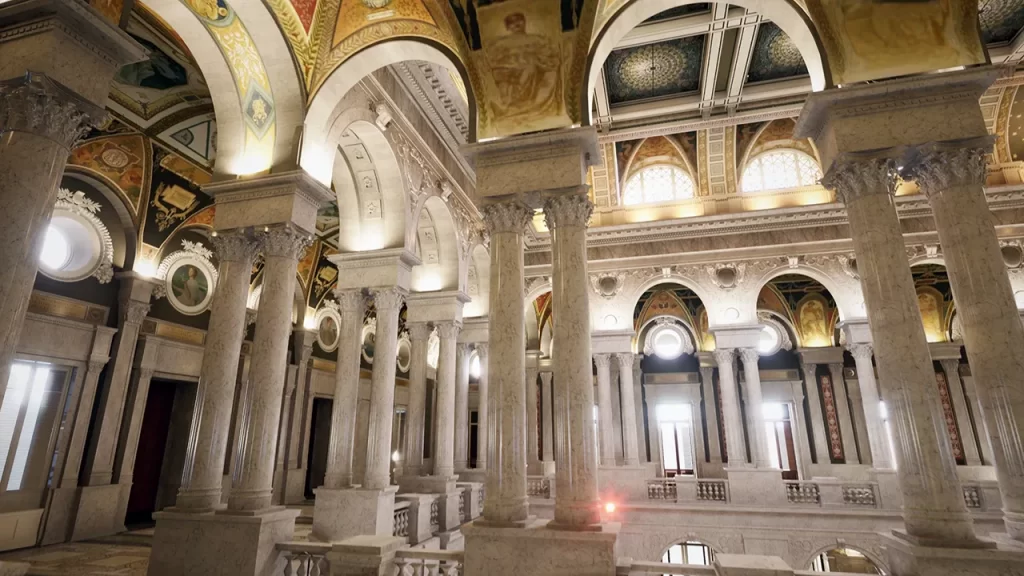

Project highlighted by the 80.lv Community for the 3D Metasites platform.
https://80.lv/articles/3d-metasites-by-80-lv-community-library-of-congress/
3D Apartment
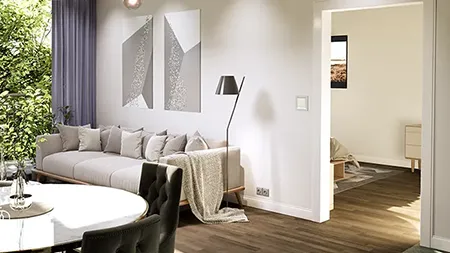
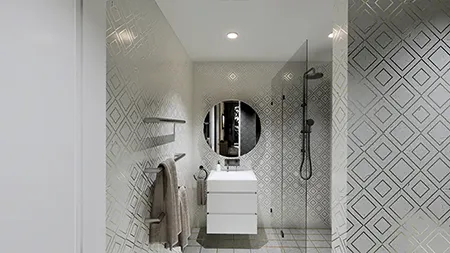
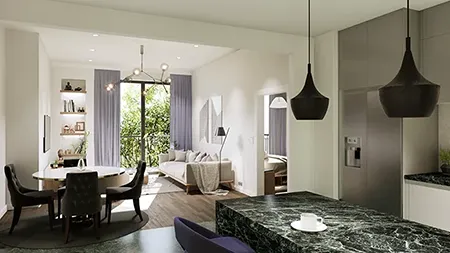
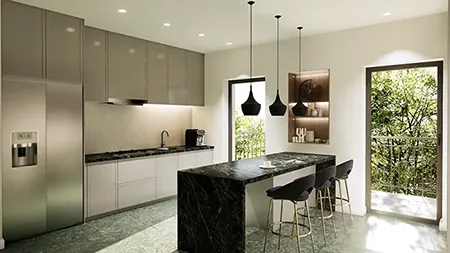
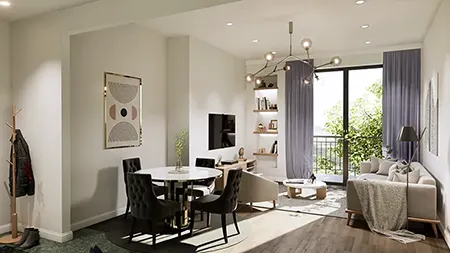
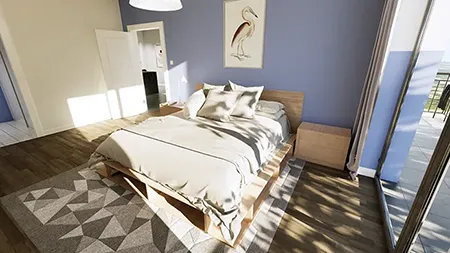
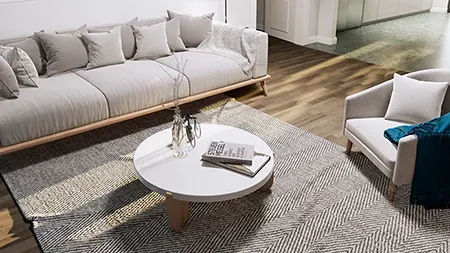
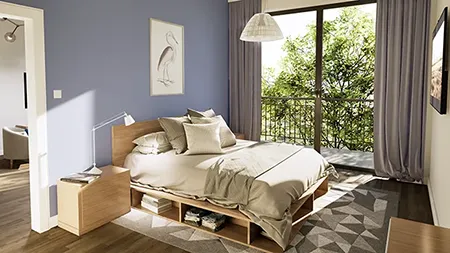
3D Office
